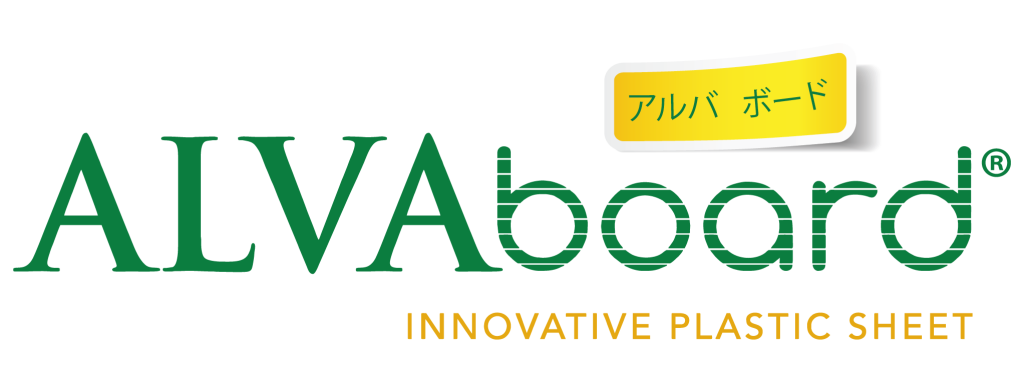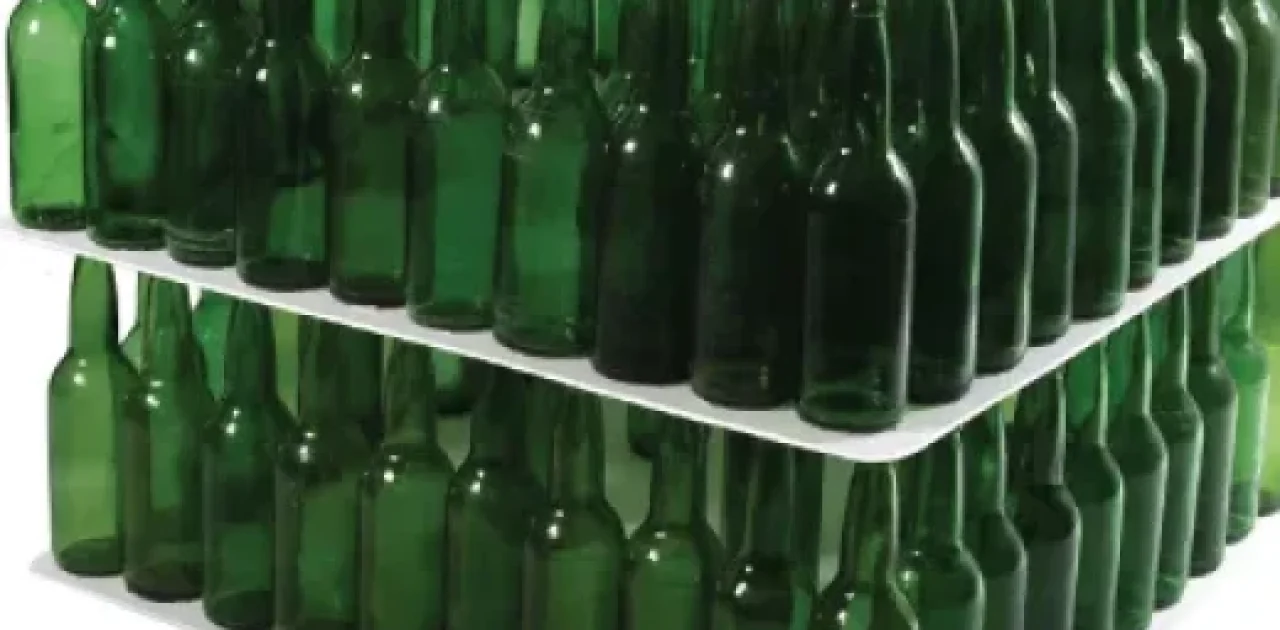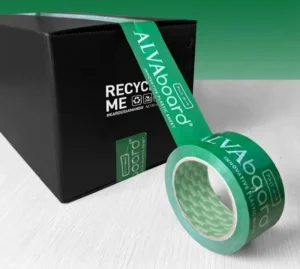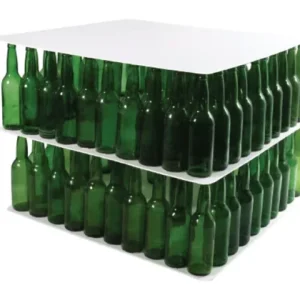In the world of logistics and warehousing, ensuring the safety and efficiency of goods must be a top priority. Proper packaging plays a vital role in keeping products intact during storage and throughout the distribution process.
Two materials commonly used for this purpose are layer pads and separator sheets. Although they may look similar at first glance, each has different functions, characteristics, and advantages. Let’s understand the differences between them so you can choose the most suitable material for your needs!
What Is a Layer Pad?
A layer pad is a flat sheet made from sturdy materials such as PP board (polypropylene board). This material functions as a divider between product layers stacked on a pallet.
With its strong structure, a layer pad can withstand heavy loads and maintain stack stability—especially during long-distance distribution.
The main characteristics of a layer pad are its rigidity and reusability. It’s ideal for industries that produce heavy goods, such as bottled beverages, FMCG products, or export shipments that require extra protection.
What Is a Separator Sheet?
Unlike a layer pad, a separator sheet is thinner and more flexible. It can be made from various materials, including paper, plastic film, or lightweight cardboard. Its main purpose is to separate products from one another to prevent friction, dust, or dirt.
Because it’s thin, a separator sheet is usually disposable. This material is suitable for separating smaller product packaging, fragile items, or as a layer between cartons.
Read also: 3 Ways to Improve Logistics Efficiency Using Layer Pads
Functions of Layer Pad vs. Separator SheetLayer Pad Functions
Layer pads serve to:
- Maintain stack stability: They provide a strong base for each product layer on the pallet, preventing stacks from wobbling or collapsing.
- Protect products: The sturdy material shields products from pressure and friction between layers.
- Support heavy loads: Ideal for stacking and transporting large quantities of heavy goods, such as glass bottles or cans.
Separator Sheet Functions
Meanwhile, separator sheets serve to:
- Light separation: They are mainly used to separate light or small products and packaging.
- Prevent contamination: Protect products from dust or dirt during storage.
- Cost efficiency: Since they are cheaper and disposable, they’re suitable for situations that don’t require heavy protection.
Key Differences Between Layer Pad and Separator Sheet
To make it easier to understand, here’s a comparison table:
| Aspect | Layer Pad | Separator Sheet |
|---|---|---|
| Thickness & Material | Thicker and more rigid, made of PP board. | Thinner and flexible, made of paper, plastic film, or light cardboard. |
| Durability | Reusable. | Usually disposable. |
| Main Function | Provides stability and protection for heavy goods. | Separates light products and prevents minor friction. |
| Cost | Long-term investment as it can be reused multiple times. | Cheaper, but for single-use purposes. |
Read also: 4 Industries That Must Use Layer Pads for Safe Distribution
When to Use a Layer Pad and When to Use a Separator Sheet?
Use layer pads if you need maximum protection for heavy products, especially for long-distance shipping, export needs, or logistics processes that require stable stacking.
On the other hand, use separator sheets when you only need to separate light products or small packaging to prevent dust and scratches, or for disposable needs.
You can also combine both if necessary—for instance, using a layer pad as the base for stability, and separator sheets to separate more fragile product layers on top.
Conclusion
Choosing the right separating material greatly impacts the efficiency and safety of your product distribution. Both layer pads and separator sheets play important roles in maintaining product quality until they reach customers.
If you’re looking for a durable, customizable, and eco-friendly layer pad solution, consider using PP Board Layer Pads from ALVAboard.
As a trusted PP Board manufacturer, ALVAboard provides high-quality layer pads that serve as a long-term investment for your business efficiency.
Contact ALVAboard today for consultation and get the best layer pad solution tailored to your needs!




